Our Mission
The Monitor reports to the court on the NYPD’s progress (or lack of progress) on implementing the court-ordered reforms. Also, the Monitor helps develop—in collaboration with the NYPD, counsel for plaintiffs, and members of the communities most impacted by the NYPD’s stop-and-frisk practices—a set of reforms of the NYPD’s policies, training, supervision, auditing, and handling of complaints and discipline regarding stops and frisks, as well as trespass enforcement.
To evaluate whether the required reforms are being implemented adequately, the Monitor Team regularly conducts compliance and progress reviews to assess the extent to which the NYPD has implemented and complied with the reforms required by the court. The Monitor can identify non-compliance or barriers to compliance promptly, and work with the parties to address any problems.
Our History
This monitorship arose out of three lawsuits that challenged the NYPD’s practices and policies, which have now been combined and are part of the monitor effort. Floyd v. City of New York is a class action lawsuit challenging the NYPD’s “stop, question and frisk” policies and practices. Ligon v. City of New York is a class action lawsuit challenging the NYPD’s criminal trespass enforcement in and around certain private multiple dwelling buildings enrolled in the Trespass Affidavit Program (TAP). TAP (also known as Operation Clean Halls) was a program in which residential building owners authorized the NYPD to conduct patrol activities inside and around their buildings. Finally, Davis v. City of New York is a class action lawsuit that challenged stops and arrests for criminal trespass in New York City Housing Authority (NYCHA) buildings.
Our Team

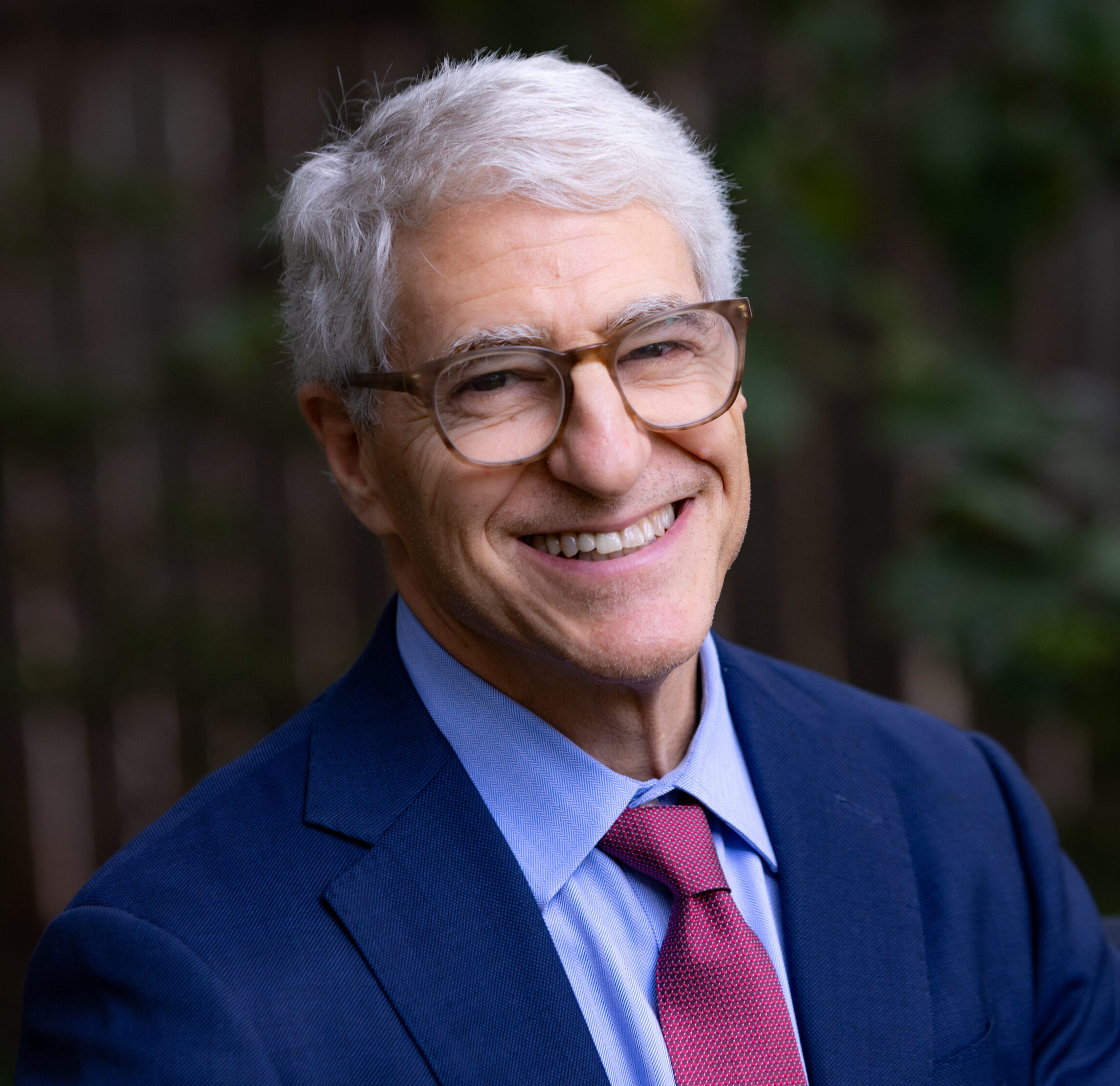
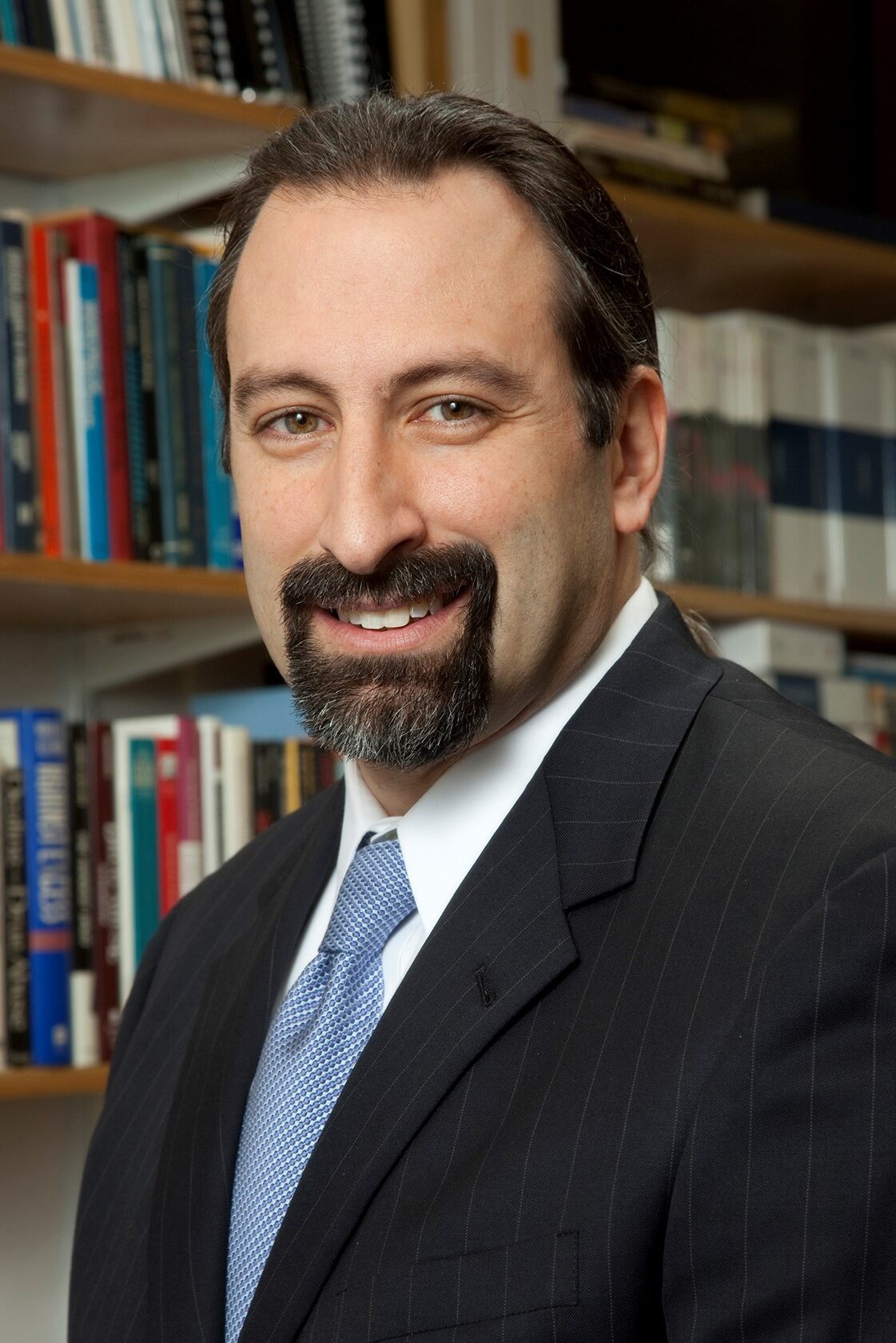

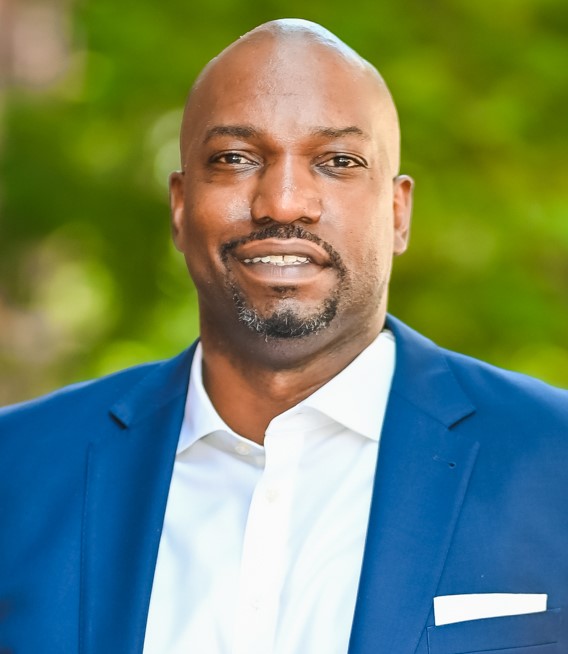
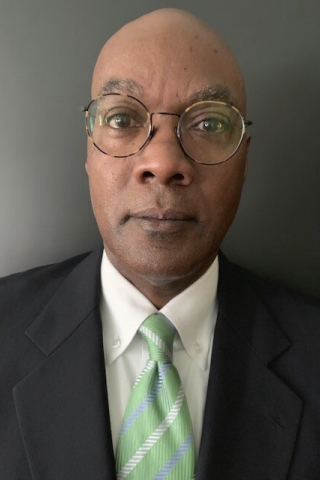

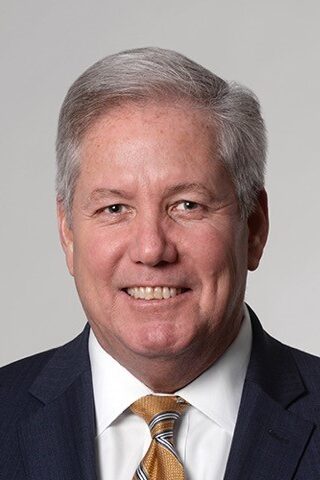




Federal Monitor
Mylan Denerstein
Mylan L. Denerstein was appointed to be the Federal Monitor in January 2022. She has always been committed to public service. She is currently a litigation partner at Gibson, Dunn & Crutcher LLP, and is Co-Chair of Gibson Dunn’s Public Policy Practice Group. Mylan also serves as the Chair of the Firm’s Global Diversity Committee and as the Co-Partner in Charge of the New York office. She was previously a member of the Firm’s Executive Committee. In private practice, Mylan leads complex criminal and civil cases and internal investigations. She represents a variety of companies facing challenging legal issues. Mylan is known for her problem-solving abilities and practical approach.
Prior to joining Gibson Dunn, Mylan served in a variety of government roles, including as Counsel to the New York State Governor, as an Executive Deputy Attorney General in the New York Attorney General’s Office, as Deputy Commissioner for Legal Affairs for the New York City Fire Department, and as a federal prosecutor in the U.S. Attorney’s Office for the Southern District of New York, including as Deputy Chief of the Criminal Division. Mylan is an active member in numerous bar associations, serves on the boards of several non-profits, and is a member of multiple committees relating to the judiciary. Mylan has been recognized for her commitment to public service and her professional accomplishments. Mylan grew up in New York City and graduated from Columbia Law School.

Deputy Monitor
Richard Jerome
Richard Jerome (deputy monitor) is a lawyer who has spent most of his career working on criminal justice issues with law enforcement agencies and private foundations. Most recently, he was project manager of the public safety performance project of the Pew Charitable Trusts. This project helps states advance fiscally sound sentencing and corrections policies that protect public safety, hold offenders accountable and control corrections costs.
Prior to joining Pew, Richard served for six years (2002-2008) as Deputy Monitor and court-appointed Special Master for two police reform settlements in Cincinnati, Ohio. Other projects included reviews of the Denver Police Department’s and Portland, Oregon, Police Bureau’s officer-involved shootings (both with the Police Assessment Resource Center); reviews of police oversight systems in Farmington, NM, Milwaukee, WI, and Albuquerque, NM (also with PARC); and assistance to the District of Columbia Council on police department responsibilities and standards for handling First Amendment demonstrations and other assemblies. Richard also served as a consulting expert for the City of Oakland and the Detroit Police Departments.
From 1997 to 2001, he was Deputy Associate Attorney General in the U.S. Department of Justice, overseeing the work of the Civil Rights Division and the Community Relations Service, as well as coordinating the Justice Department’s efforts to promote police integrity, including the Department’s publication of “Principles for Promoting Police Integrity.” Richard has been a senior trial lawyer in the Civil Rights Division and has worked on Capitol Hill and in private practice.

Anthony Braga
Anthony A. Braga is the Jerry Lee Professor of Criminology and the Director of the Crime and Justice Policy Lab in the Department of Criminology at the University of Pennsylvania.
. Anthony is an elected Fellow of the American Society of Criminology. He is also a Fellow of the Academy of Experimental Criminology and recipient of its Joan McCord Award recognizing his community to randomized experiments. Anthony’s research involves collaborating with criminal justice, social service, and community-based organizations to address illegal access to firearms, reduce gang and group-involved violence, and control crime hot spots. Anthony’s work on controlling and preventing violent crime has received many awards. He was a recipient of the United States Attorney General’s Award for Outstanding Contributions to Community Partnerships for Public Safety (2009), the U.S. Department of Justice Project Safe Neighborhoods’ Distinguished Service by a Research Partner Award (2010), and the International Association of Chiefs of Police Excellence in Law Enforcement Research Award (2011).
Anthony has published numerous scholarly papers and his work has been published in top criminology and criminal justice journals such as Criminology, Journal of Quantitative Criminology, Journal of Research in Crime and Delinquency, and Criminology & Public Policy. His work has also appeared in important medical and public health journals such as New England Journal of Medicine, Journal of the American Medical Association, and the American Journal of Public Health. With colleagues, he has authored and edited several books such as Policing Problem Places: Crime Hot Spots and Effective Prevention (Oxford University Press, 2010), Problem-Oriented Policing and Crime Prevention (Criminal Justice Press, 2008), Legitimacy and Criminal Justice: A Comparative Perspective (Russell Sage Foundation Press, 2007), and Police Innovation: Contrasting Perspectives (Cambridge University Press, 2006).

Jennifer Eberhardt
Jennifer Eberhardt is a Professor in the Psychology Department of Stanford University. Her area of expertise is the ways that individuals racially code and categorize people, with a particular focus on associations between race and crime. She is currently working with the Oakland Police Department to design ways to improve policing and to help build and maintain the trust of the communities it serves. She is also working with that Department to study the implementation of its program of body-worn cameras.
Jennifer received a B.A. (1987) from the University of Cincinnati and an A.M. (1990) and Ph.D. (1993) from Harvard University. From 1995 to 1998, she taught at Yale University in the Departments of Psychology and African and African American Studies and was a research fellow at the Center for Race, Inequality, and Politics. She joined the Stanford University faculty in 1998. Jennifer was one of 21 people who received a fellowship from the John D. and Catherine T. MacArthur Foundation in 2014 (MacArthur “genius grant”).

Dr. Rudolph Hall
Dr. Rudolph B. Hall Jr. joined the Monitor team to focus on the NYPD’s compliance and accountability procedures to ensure constitutional policing. Dr. Hall was previously the Assistant Chief of Investigations for the New York State Attorney General’s Office of Special Investigation. In his role, he oversaw investigations of deaths of individuals after having contact with police officers and crafted a use of force policy. In addition, Dr. Hall utilized industry best practices, modern technology, and academic research to create training platforms for law enforcement.
Before working in the Attorney General’s office, Dr. Hall worked for the NYPD in a supervisory role for 16 years. There, Dr. Hall had many different assignments, including working with the Force Investigation Division. He also led and developed a training program for NYPD plainclothes officers on investigative encounters and helped craft the NYPD’s body-worn camera program and policy.
Dr. Hall earned his Doctorate in Education focusing on Executive Leadership from St. John Fisher College in 2020, where he researched the effect of body-worn cameras on plainclothes officers in the NYPD, finding that officers wearing cameras averaged 6.8 fewer arrests in a year. Prior to that, Dr. Hall earned his Master of Public Administration from John Jay College, where he taught introductory courses on criminal justice and use of force. Dr. Hall is also a graduate of the FBI National Academy.
Dr. Hall brings an immense wealth of knowledge regarding police training, constitutional policing, and body-worn cameras.

Demosthenes Long
Demosthenes Long is a partner at CERTUS Public Safety Solutions LLC and an adjunct professor in the Criminal Justice and Security department at Pace University. Monte enjoyed a 31-year career in public safety. He served for 21 years with the New York Police Department retiring at the rank of Assistant Chief, served for 5 years as the First Deputy Commissioner/Undersheriff of the Westchester County Department of Public Safety-Division of County Police, served for 3 years as the Public Safety Director of Operations for the Morningside campus at Columbia University, and served for 2 years as the Director of Corporate Security at KeySpan.
Monte has a B.S. in Police Science and a M.A. in Criminal Justice from John Jay College of Criminal Justice, a J.D. from New York Law School and an Ed.D. from St John Fisher College.

John MacDonald
John MacDonald is a Professor of Criminology and Sociology at the University of Pennsylvania. Professor MacDonald focuses primarily on the study of crime, race and ethnic disparities in criminal justice, and the effect of public policy responses on crime. In 2012, John won the Association of Public Policy and Management’s David N. Kershaw Award, established to honor individuals younger than 40 who have made significant contributions to the field of public policy analysis and management. He has served as a principal investigator and co-principal investigator on health, injury prevention, and crime research projects through funding provided by the American Statistical Association, the National Institute of Justice, the Centers for Disease Control and Prevention, the Robert Wood Johnson Foundation, and the National Institutes of Health. He was awarded the Young Experimental Scholar Award by the Academy of Experimental Criminology for significant contributions to experimental research. He is a Fellow of the Academy of Experimental Criminology.
John’s research publications include numerous studies using rigorous quantitative methods to examine the effects of social policies on crime and of institutional social justice reforms on criminal justice practices. His recent work on racial disparities in criminal justice has appeared in the American Economic Review: Papers and Proceedings, Journal of Criminal Law and Criminology, and Justice Quarterly.

James McCabe
James McCabe is an Associate Professor at Sacred Heart University in Fairfield, CT. He joined the faculty at Sacred Heart after completing 21 years with the New York City Police Department. In the NYPD, he held numerous command level assignments including the Commanding Officer of Labor Relations, Commanding Officer of the Training Bureau, Commanding Officer of the Police Academy, and the Commanding Officer of the 110th Precinct in Elmhurst/Corona, Queens. He was also assigned as the Executive Officer of the Police Commissioner’s Office and the 113th Precinct in South Jamaica. He retired in 2006 from the NYPD with the rank of Inspector to assume a new career in academia at Sacred Heart.
Jim has a BA in Psychology from Queens College, an MA in Labor Studies from Empire State College, an MA in Criminal Justice from John Jay College, and a Ph.D. in Criminal Justice from the CUNY Graduate Center. He is a graduate of the 189th Session of the FBI National Academy, and of the Executive Programs at Columbia University’s Police Management Institute and the JFK School of Government at Harvard University. He has published numerous scholarly articles and book chapters on the subject of police effectiveness and has been the principal investigator in more than 90 studies examining police operations in 30 states and in every region of the country. He has lectured around the country to both police and academic audiences about organizational behavior, leadership, supervisory communications, and the impact of police operations on public safety and neighborhood satisfaction with police services.

Jane Perlov
Jane Perlov has an extensive background in risk management and a distinguished career in law enforcement, public safety and corporate security. She served more than 25 years in law enforcement, starting in 1981 as a police officer in the New York City Police Department. She rose through the ranks, ultimately commanding the revitalization efforts in Times Square, the 20th and 30th Precincts in Manhattan and serving as Chief of Detectives for the Borough of Queens. In late 1998, while in that position she was invited by Governor Cellucci of the Commonwealth of Massachusetts to join his Cabinet as Secretary of Public Safety. There, she managed policy and fiscal oversight for 21 agencies, boards and commissions, such as the State Police and the Corrections Department.
In 2001, Jane was sworn in as Chief of Police for the capital city of Raleigh, North Carolina. Under her leadership, the Department initiated a decentralized district policing model that fostered strong bonds between police officers and the neighborhoods they served and placed both opportunity and accountability in the hands of district commanders. During her tenure in Raleigh, Jane was appointed to the first Homeland Security First Responder Advisory Board to the Secretary of Homeland Security.
From 2007 to 2011 Jane served as Senior Vice President for Physical Security and ultimately Global Corporate Security Director at Bank of America. She was responsible for developing and implementing strategies and programs that provided a safe and secure environment for employees, customers and assets worldwide. In addition to her role in NYC, Jane is currently serving on the Aurora, CO Police Monitoring Team. Born and raised in New York City, Jane is an independent consultant residing in Asheville, North Carolina.
Jane holds a B.S. in Criminal Justice from John Jay College of Criminal Justice and graduated from Columbia University’s Police Management Institute, Harvard University’s Senior Management Institute for Police, and the FBI’s Domestic Security Executive Academy.

Susan Prosnitz
Susan Prosnitz has dedicated her legal career to public service, with over 30 years of experience in public safety and security organizations. Her experience includes senior executive positions at the local, state and federal levels, in Boston, Massachusetts and Washington, D.C. In Massachusetts, Susan served as General Counsel for the Executive Office of Public Safety and Security, which oversees state law enforcement and criminal justice agencies including the Massachusetts State Police. At the request of the Secretary of Public Safety, Susan served as Co-Chair of a statewide committee, charged with developing consensus recommendations related to racial profiling data collection and analysis. She successfully represented the Commonwealth of Massachusetts in litigation challenging the state-mandated data collection form used to identify racial disparity in traffic stops. Before joining the Executive Office of Public Safety, Susan was the Chief of Litigation for the Boston Police Department. In this role, Susan worked on internal affairs cases, personnel matters, training, and policy development.
Susan was appointed by two Massachusetts Governors to leadership positions on task forces including Executive Director and General Counsel to the Special Advisory Task Force on Massport (following 9/11) and Co-Chair of the Governor’s Task Force on Hate Crimes. Susan also served as General Counsel to the Massachusetts Highway Department and as the first Executive Director of the Rappaport Center for Law and Public Service at Suffolk University Law School.
In 2011, Susan moved to Washington D.C. to work for the Transportation Security Administration’s Office of Chief Counsel, where she was appointed to the Senior Executive Service and served for several years as Deputy Chief Counsel for Regulations and Security Standards. In this position, Susan was lead counsel on security policy and regulatory matters.
Susan received a B.A. in history from Amherst College and a J.D. from Duke University School of Law.

Jim Yates
Hon. James A. Yates served as counsel for five Speakers of the NYS Assembly from 1979 to 1987 and then again from 2011 to 2015.
Jim was appointed to sit as a judge in the New York State Court of Claims in 1992 and was elected a Justice of the NY State Supreme Court in 1997. He served in that capacity in the First Judicial District (Manhattan) in Criminal Term and the Commercial Division from 1992 to 2011.
Throughout his legal career, he has taught criminal law, ethics and legislative process at four law schools. He has published in the areas of grand jury practice and procedure, white-collar crime and criminal procedure. He has served as Commissioner on the New York State Sentencing Guidelines Commission, the Commission on Uniform State Laws, as a Board Member of the IOLA Board for New York, and as a Commissioner for the NYS Joint Commission on Public Ethics.
Jim has served as a Member of the National Advisory Board of Bodega de la Familia, a Neighborhood Drug Crisis Center and as a Member of the Board of Advisors to the Andrew Glover Youth Program. He is currently a member of the Board of the Legal Action Center.
He obtained his A.B. cum laude from Princeton University and his law degree from Rutgers Law School.

